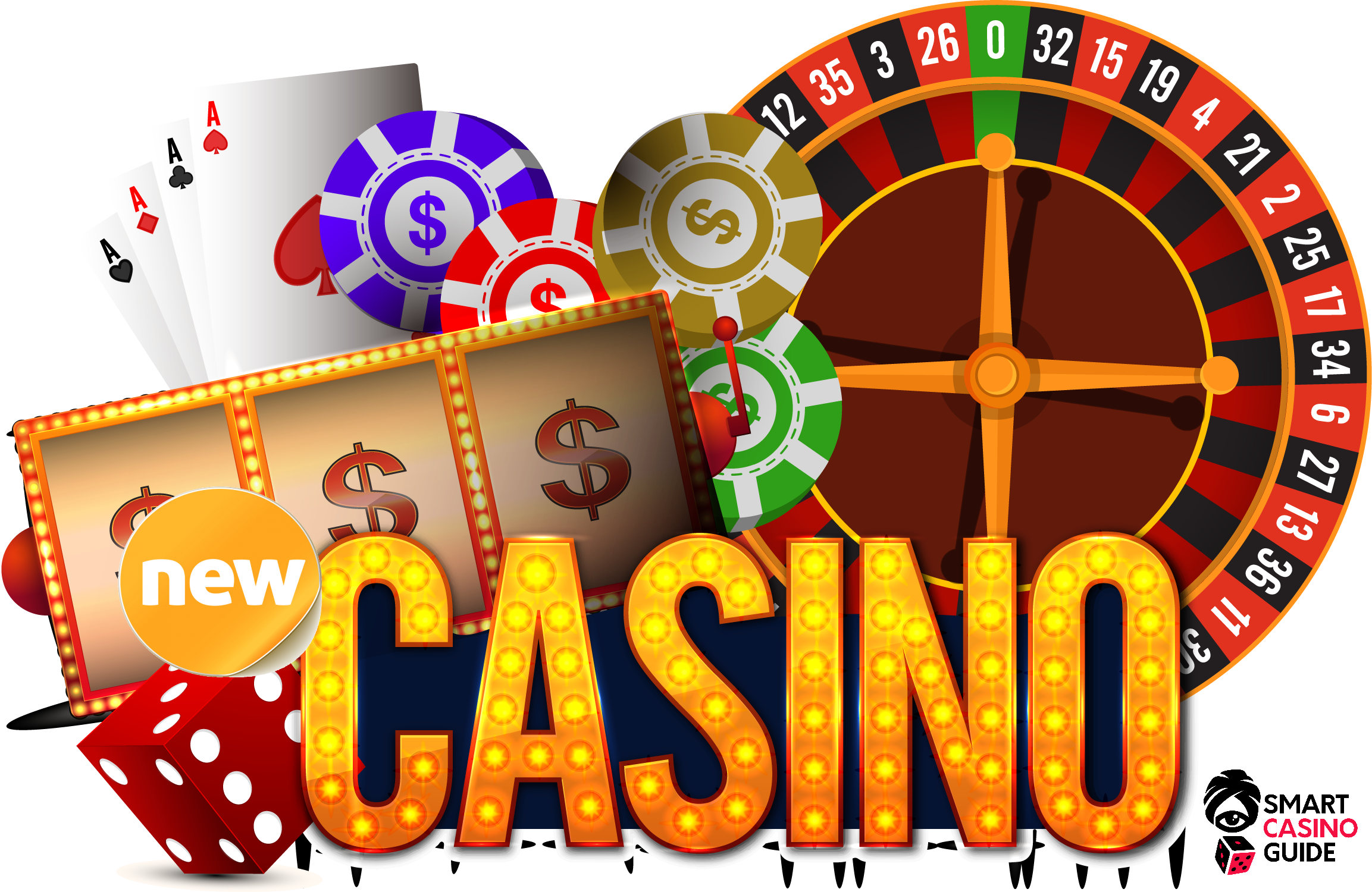
Gambling games have been a source amusement and excitement for numerous players around the globe. One of the main factors that renders these games engaging is the variety of cards employed in various kinds of games. Grasping the various kinds of cards can improve your experience and refine your gameplay strategies. Whether you are drawn to classic card games like poker and 21 or newer casino offerings, each game relies on a distinct set of cards that affects the regulations and the flow of play.
In casino environments, cards appear in several styles, each tailored to fit the needs of specific games. From regular decks to custom card types, the diversity plays a crucial role in shaping the dynamics of each game. By familiarizing yourself with these cards and their uses, you can gain more profound insights into the games and make more informed decisions at the table. This knowledge not only enhances your gaming experience but also contributes to a higher-level approach to your chances of winning.
Types of Playing Cards
When it comes to casino games, the kind of playing cards used can significantly impact the gameplay and tactics. Hướng dẫn Thabet The most frequent deck is the standard 52-card deck, which consists of four suits: clubs, and spades. Each suit contains thirteen ranks, from Ace to King. This standard deck is essential in many games, such as black-jack, where gamblers aim to create the best hand possible or approach 21 as they can.
Some casino games use special decks specifically designed for the game itself. For example, the popular game of baccarat often uses multiple decks combined, typically 6 or eight. This not only increases the difficulty of the game but also impacts betting strategies, as participants must consider the increased number of cards in play. Additionally, certain games may bring in jokers or wildcards, providing further diversity and thrill to the gambling experience.
In niche games, specialized decks may come into play. For instance, in games like bridge or pinochle, participants might use unique rules with different card values or functions. These changes keep the gameplay fresh and allow for diverse strategies to emerge. Understanding the various types of playing cards and their specific uses in different casino games is key to improving one’s gambling experience and improving overall results at the tables.
Card Modifications in Casino Activities
In casino activities, the kind of deck used can significantly affect both the gameplay and the strategies used by players. Most classic playing card activities, such as 21 and poker, typically use a standard 52-card deck. However, modifications do exist where extra wild cards or even multiple decks are utilized. For example, in blackjack, some gaming establishments may employ one to eight packs, which can change the odds and the basic tactics needed to compete effectively. Participants must be cognizant of the deck makeup, as it affects the house edge. thabet asia
Another frequent variation in gambling card games is the use of specialized or custom packs. For example, some five-card draw activities might use a set of cards that includes unique graphics or patterns, which can enhance the atmosphere at the gaming table. These custom packs often function to distinguish between different play formats or loyalty programs within the gaming establishment. While the standard rules of the game remain the same, the visual appeal can affect participant engagement and enjoyment.
Lastly, the shuffling techniques employed with different types of decks can also impact gameplay. Casinos often utilize automatic shufflers that can effectively shuffle several decks effectively, making card counting more difficult. The frequency and method of shuffling can vary widely based on the activity and the casino’s policies. Understanding these card variations is important for any participant seeking to improve their tactics and overall satisfaction in casino games.
Importance of Playing Card Values
In casino activities, the worth of individual playing card plays a critical role in determining the consequences of different games. Different activities assign unique values to cards, affecting tactics and player decisions. For instance, in 21, cards ranging 2 through 10 are valued at their face value, while court playing cards hold a value of 10, and the ace can be valued alternatively 1 or eleven. Grasping these values allows gamers to make smart choices during play, enhancing their chances of winning.
Likewise, in the game of poker, the importance of playing card values extends to hand and hand hierarchies. High-value cards can form stronger hands, such as pairs, straight hands, or flushes, which are essential for winning in the game. Players must assess not only their personal hand but also likely combinations their opponents might hold. This tactical depth adds interest and challenge, making playing card values a central element in the appeal of poker appeal.
Furthermore, the psychological element of playing card values cannot be ignored. Gamers may use the knowledge of card worths to deceive or mislead their opponents. By grasping how a card’s value can impact the game’s dynamics, players can more effectively navigate hazards and rewards, creating a thrilling environment in gaming activities. Whether playing for entertainment or for real money, knowledge of playing card values significantly affects the overall playing encounter.